A federal court says 2 Live Crew’s copyright termination rights survived bankruptcy, keeping the group’s bid to reclaim their masters alive.
Quick update on the 2 Live Crew copyright termination lawsuit I’ve been following for a couple of years. Check out the full background on the case here, but on Monday, a Miami federal judge handed the 1980s rap group a significant legal win by holding, in an issue of first impression, that copyright termination rights are a personal right, not a property right, and therefore aren’t extinguished by bankruptcy. The decision (read it here) came as part of a lawsuit in which Lil’ Joe Records, the label owned by the band’s former CFO Joseph Weinberger, challenged the validity of a notice to terminate the transfer of copyright interests by the band members.
UPDATE—October 15, 2024—A Florida jury has handed 2 Live Crew a big win, allowing the group to reclaim copyrights in classic rap tracks in long-running legal battle with Lil’ Joe Records. Story here.
At the heart of the case is Copyright Act section 203(a), which allows creators to reclaim their works after thirty-five years, and is designed to protect artists who might have signed over their rights early in their careers under unfavorable terms. Surviving group member Luther “Luke” Campbell, along with the heirs of Mark Ross and Christopher Wong Won, have been fighting to terminate a 1990 transfer of master recordings to Luke Records, a company associated with the group’s heyday.
Lil’ Joe argued that when band members Campbell and Ross declared bankruptcy in the 1990s, any rights they held were swept into their bankruptcy estates. This would, in theory, prevent them from reclaiming their copyrights under the termination provision. But U.S. District Judge Darrin P. Gayles wasn’t convinced, noting that termination rights, as established by Congress, are personal and specifically intended to aid authors.
The court explained that termination rights were designed with “manifest congressional intent” to protect artists, not corporations or third parties benefiting from creative work. According to Judge Gayles, these rights are personal and unique to the author, meaning they can’t be transferred or extinguished as part of a bankruptcy estate. Therefore, the court held that the termination rights remained intact even after the band members’ bankruptcies, allowing them to press forward with their bid to reclaim control over their recordings.
However, the victory for the band wasn’t absolute. The court refused to rule on the question of whether the master recordings were actually transferred to Luke Records in the first place, finding a genuine dispute of material facts on this issue. Whether the transfer was made as a traditional assignment agreement or as a “work for hire”—and thereby not eligible for termination—will also ultimately be decided by a jury, along with other material facts about the nature of the original agreements.
For now, the question of who truly holds the rights to 2 Live Crew’s master recordings is still an open case, and the legal saga appears likely to continue. Here’s a copy of the court’s order on summary judgment:
View Fullscreen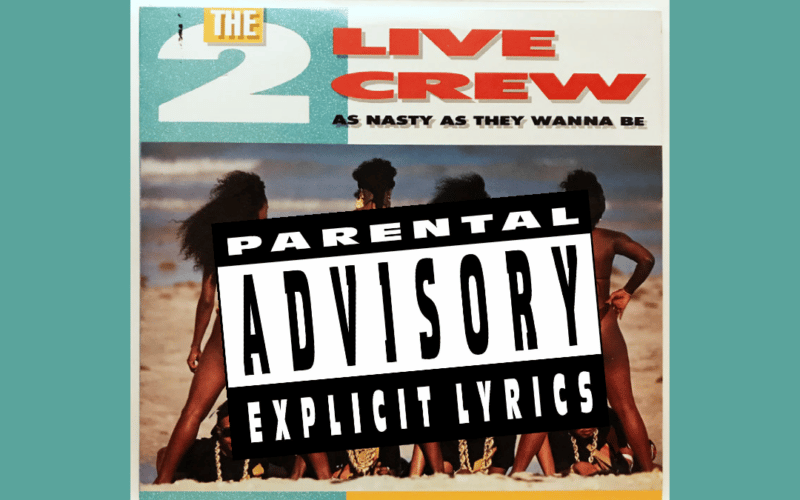
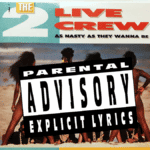
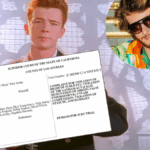

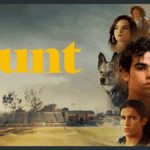
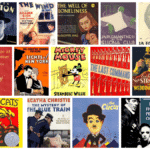

3 comments
Aaron, I’m just now getting to read this opinion more thoroughly and I’m wondering if you caught the important footnote # 10.
You mean his suggestion that sound recordings can’t be WFH as specially commissioned works?
Right, that because they’re not among the nine categories. Kind of a big deal for a little footnote.